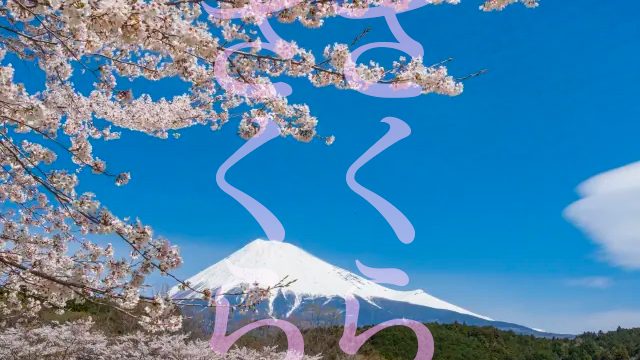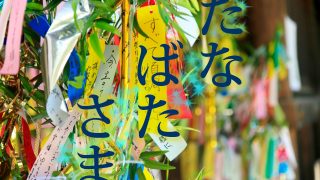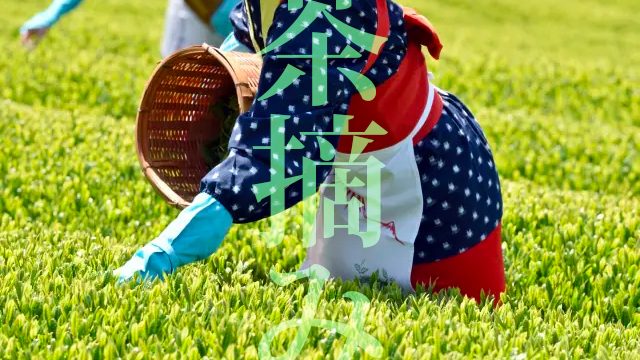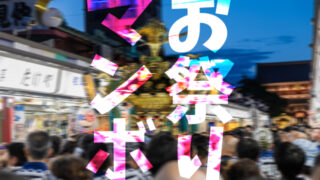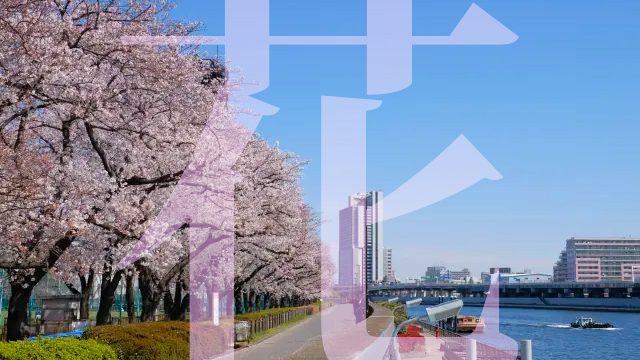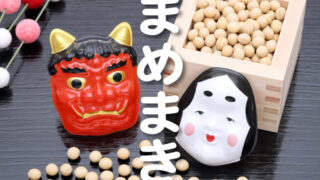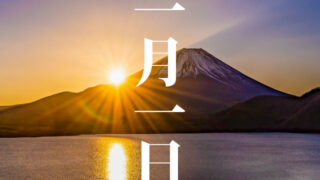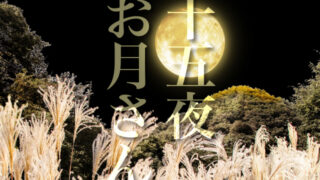
Jyuugoya otsukisan (1920) – 十五夜お月さん
"Juugoya" is said to be "the night to appreciate the harvest" in Japan, and there is a custom to celebrate while looking at the moon since ancient times."Otsuki-san" is used when referring to the moon in a friendly way.

